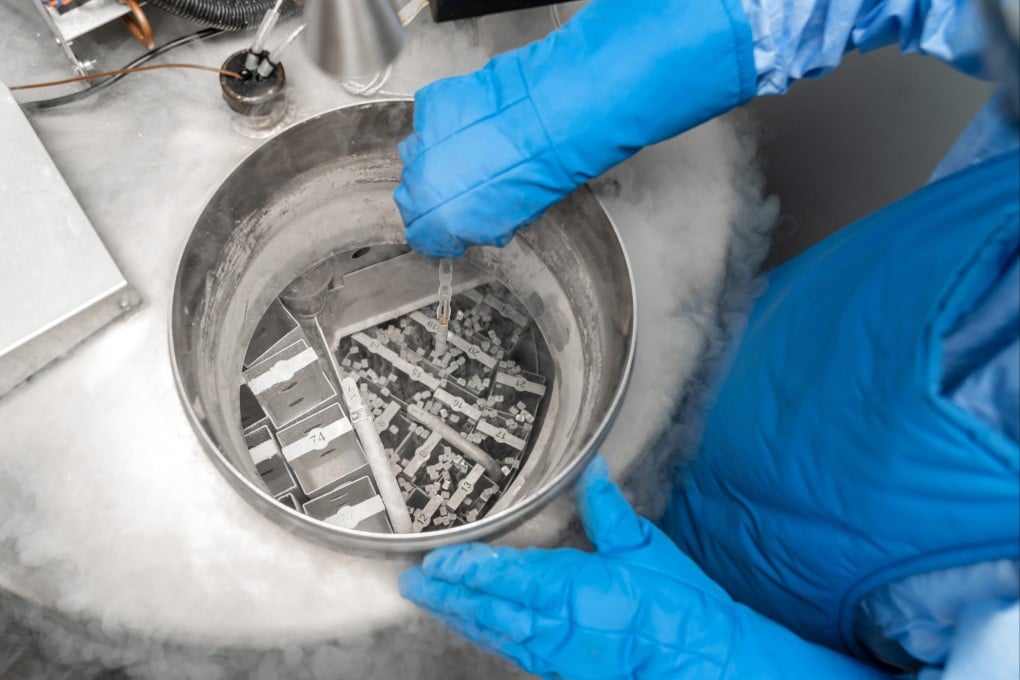Editorial | Move on embryos to help family planning in Hong Kong
Hong Kong’s Council on Human Reproductive Technology says how long one can keep gametes and eggs frozen should be treated not as a legal issue, but as a medical one

The development and regulation of assisted human reproduction is often torn between technology and morality. To many with little knowledge in the field, the idea of allowing people to store their sperm, eggs and embryos indefinitely for future use, compared to the existing 10-year cap under the law, raises more than a few eyebrows. But the proposed change is not only seen as giving workaholic Hongkongers more flexibility in family planning, but also conducive to boosting the low birth rate and life-sciences industry.
Announcing the proposal with a month-long public consultation, the Council on Human Reproductive Technology said the duration and age limits on storage of gametes or embryos for own use should be handled as a medical issue instead of a legal one. Having reviewed the medical, ethical, social and legal perspectives, the council proposed lifting the legal restrictions on the storage period, irrespective of the gender, age or medical condition of the patient.
At present, storage for personal use is only allowed for up to 10 years. The cap also applies to embryos of cancer patients or residents who may become infertile as a result of surgery, chemotherapy, radiotherapy or other treatments. For them, storage may last up to a decade, or until the age of 55, whichever is longer.
Increasingly, more couples opt for having children when they are older or do not want to become parents at all. Some working women also put career development ahead of childbearing and store their eggs at a younger age for future use. Whether the removal of the 10-year cap will prompt more people to try the technology and, ultimately, raise the birth rate remains to be seen. But the change is lauded as providing more flexibility in family planning. Some medical experts also believe it may stimulate the development of the fertility healthcare industry and contribute to the economy.
The council is rightly amending the code of practice to ensure the public is fully aware of the associated medical risks before engaging in the unnecessary and prolonged storage of gametes or embryos without medical reasons. This will assist informed decision-making when one opts for delayed childbearing, a trend whose impacts on personal and public health cannot be taken for granted.
